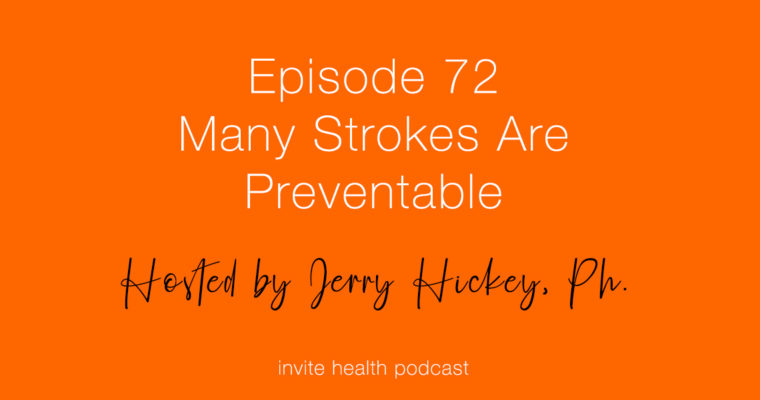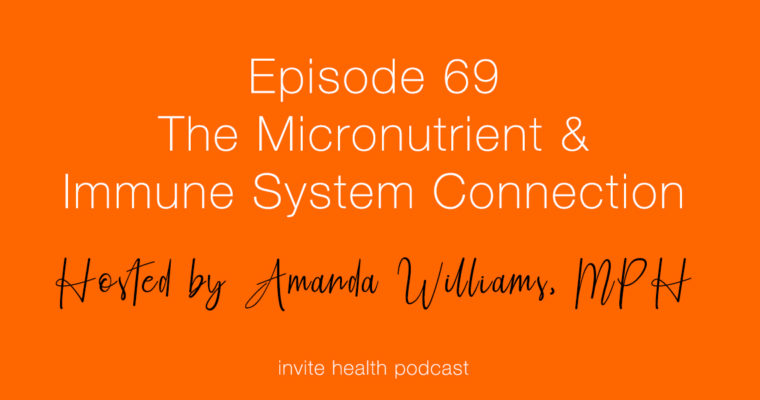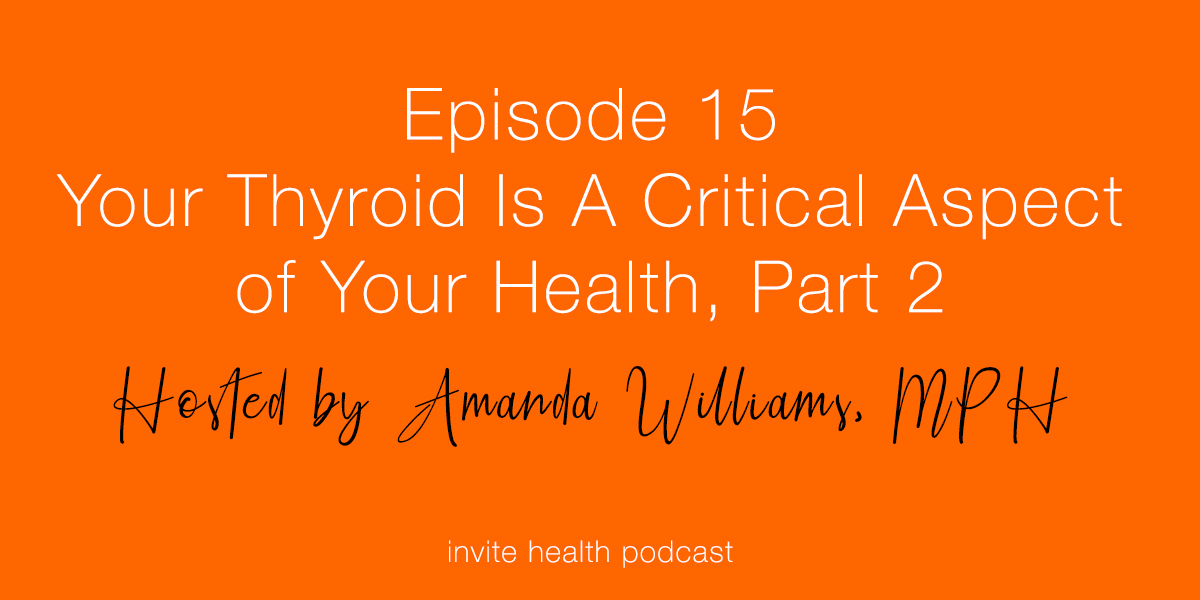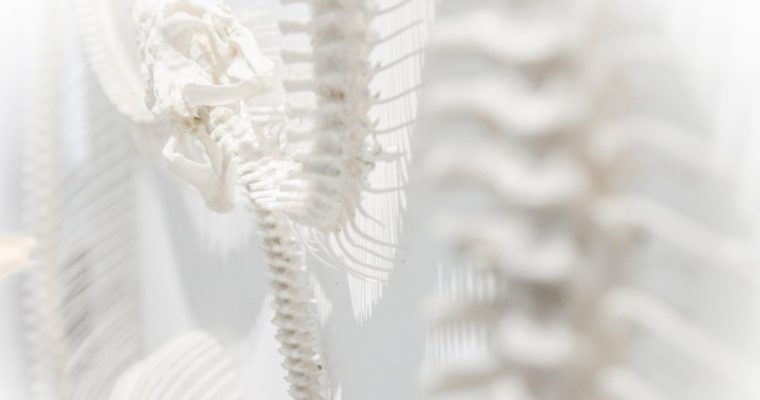Invite Health Podcast, Episode hosted by Amanda Williams, MPH
Subscribe Today!
This is part two of Your Thyroid Is A Critical Aspect of Your Health! In part one, we discussed what the thyroid gland is, where it is located and its function. On today’s episode, we will be discussing the appropriate blood tests that can give you an accurate indication of how well your thyroid is functioning and the specific nutrients that can help optimize it.
To listen to Part 1 of Your Thyroid is a Critical Aspect of Your Health, click here! >>
A Visit To Your Doctor
The best way to determine what is actually happening to your thyroid is to have comprehensive blood testing done. The unfortunate thing is your doctor may not be assessing the health of your thyroid in a regular check up. If they do, they may only be assessing one factor – TSH, Thyroid Stimulating Hormone. This is just one hormone that has to do with your thyroid health and does not provide all of the information you need to make important decisions about your health.
If you walk onto a car lot to purchase a new car, but only select your car from a distance based off of what you can see from afar, what you see in this case is not what you get. When you walk up closer to the car, you will see that there are dents and paint chips that you did not see from far away. If you are only assessing one single isolated thyroid hormone level, you are not seeing the full picture. This is why sub-clinical hypothyroidism is so prevalent and why you see so many Americans being diagnosed with having thyroid dysfunction – their thyroid hormone levels are not being assessed fully or correctly.
“Most physicians are looking at just THC, so they are not doing comprehensive testing. We know that when you have thyroid hormone issues, you may have other issues throughout your body, such as heart disease.”
– Amanda Williams, MPH
Assessing The Health of Your Thyroid
What we know about the thyroid is that it is reliant on certain nutrients. The first place to start is to get a blood test that looks at all of your thyroid hormones – TSH, Free T3 (how much of the most active hormone you have available in your body), Free T4, Cortisol and DHEA-sulfate. Cortisol and DHEA are both adrenal hormones and, because there is a such a strong correlation between adrenal dysfunction and thyroid dysfunction, it is important to evaluate these.
If you want to assess your hormone levels and focus on something more autoimmune, it is key to access your antibody levels – anti-thyroglobulin antibody and TPO (Thyroid peroxidase). You will also want to look at your Serum-25 hydroxy-vitamin D level. Having your vitamin D level tested is very important.
Reverse T-3 assesses the amount your active thyroid hormone that is sitting in an inactive state in your body. If this is elevated, it may appear that your thyroid is converting from T4 (the most abundant hormone) into that active T3, but once it is in T3 form, it is sitting in an inactive state.
Here’s the problem. Most physicians are looking at just THC, so they are not doing comprehensive testing. We know that when you have thyroid hormone (TH) issues, you may have other issues throughout your body, such as heart disease. A Lancet Journal study published back in 2005, found that when TH levels fell above a three, there was a generalized conclusion that you were at a greater risk of heart disease.
Many labs across the country set pre-measured, generalized ranges to categorize your results into different stages. If your doctor just looks at that general category or result, they may be missing other symptoms that are happening within your body. The range of TH levels, for example, can go anywhere from 0.45 – 4.5. So, in this case, if your TH levels come back at 4, it will not be flagged as being high. However, it is still higher than we would like it to be. For optimal levels, I always say a 1 or a 2 is best. Now, each person is different, but having comprehensive hormone testing done is going to give us the most insight into your body.
Essential Nutrients
What we know is that most Americans follow a Standard American Diet (SAD), which is completely lacking key nutrients. Generally speaking, you’ll at least want to make sure you are on a superior, high-quality multivitamin. The InVite® Performance Multivitamin is one that I greatly recommend due to its adrenal adaptogen component called Rhodiola.
The next major nutrient is Zinc. Oftentimes, you may think of zinc just in the setting of having a cold. But we know that zinc is an incredibly important component of thyroid dysfunction. With so many Americans dealing with Thyroid Dysfunction – weight gain, anxiety, hair loss, dry skin, lacking energy, fertility issues – it is imperative to look into how much Zinc you have in your body. Upwards of 50% of Americans are deficient in Zinc. Supplementing with Zinc is a great way to help optimize your body and it helps convert the T4 hormone into the active T3 hormone. The University of Pennsylvania conducted a study that was published in the Annals of Nutrition and Metabolism that found women with low zinc levels were able to dramatically increase their zinc levels with supplementation – just 26 milligrams of Zinc – everyday for four months.
About ten percent of women have an iron deficiency, called iron deficiency anemia. Symptoms include fatigue, low energy, and difficulty concentrating which are very similar to symptoms of a thyroid condition. When it comes to the manufacturing of proper active thyroid hormones in the body, it is imperative to include iron supplementation.
In another episode, I will discuss the strong correlation between adrenal health and the health of your thyroid. Stay tuned! Questions for me about any of this information? Leave a comment below to join the conversation.
Thank you for tuning in to the Invite Health Podcast. You can find all of our episodes for free wherever you listen to podcasts or by visiting www.invitehealth.com/podcast. Make sure you subscribe and leave us a review! Follow us on Facebook, Twitter and Instagram at Invite Health today. We’ll see you next time on another episode of the Invite Health Podcast.
Key Topics:
- How deficiencies of trace minerals like Selenium and Zinc impact your thyroid function
- Mediterranean-style diet helps you consume large amounts of these essential trace minerals
- Amanda Williams, MPH. recommendations to support a healthy thyroid and overall wellness – InVite® Performance Multivitamin, Iron Plus Hx and Vitamin D3.






